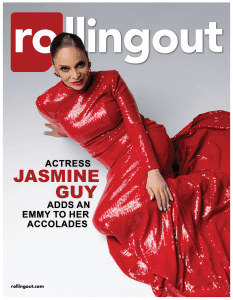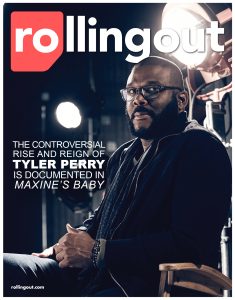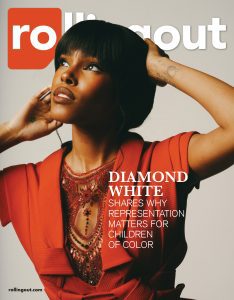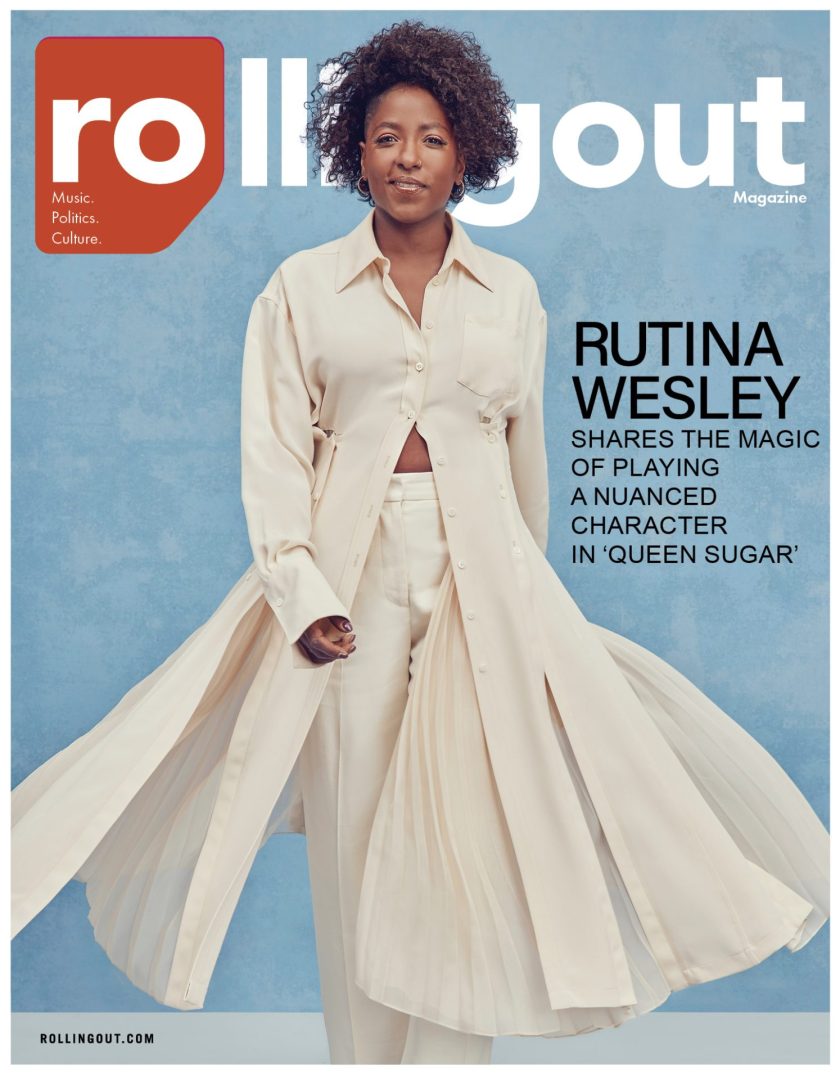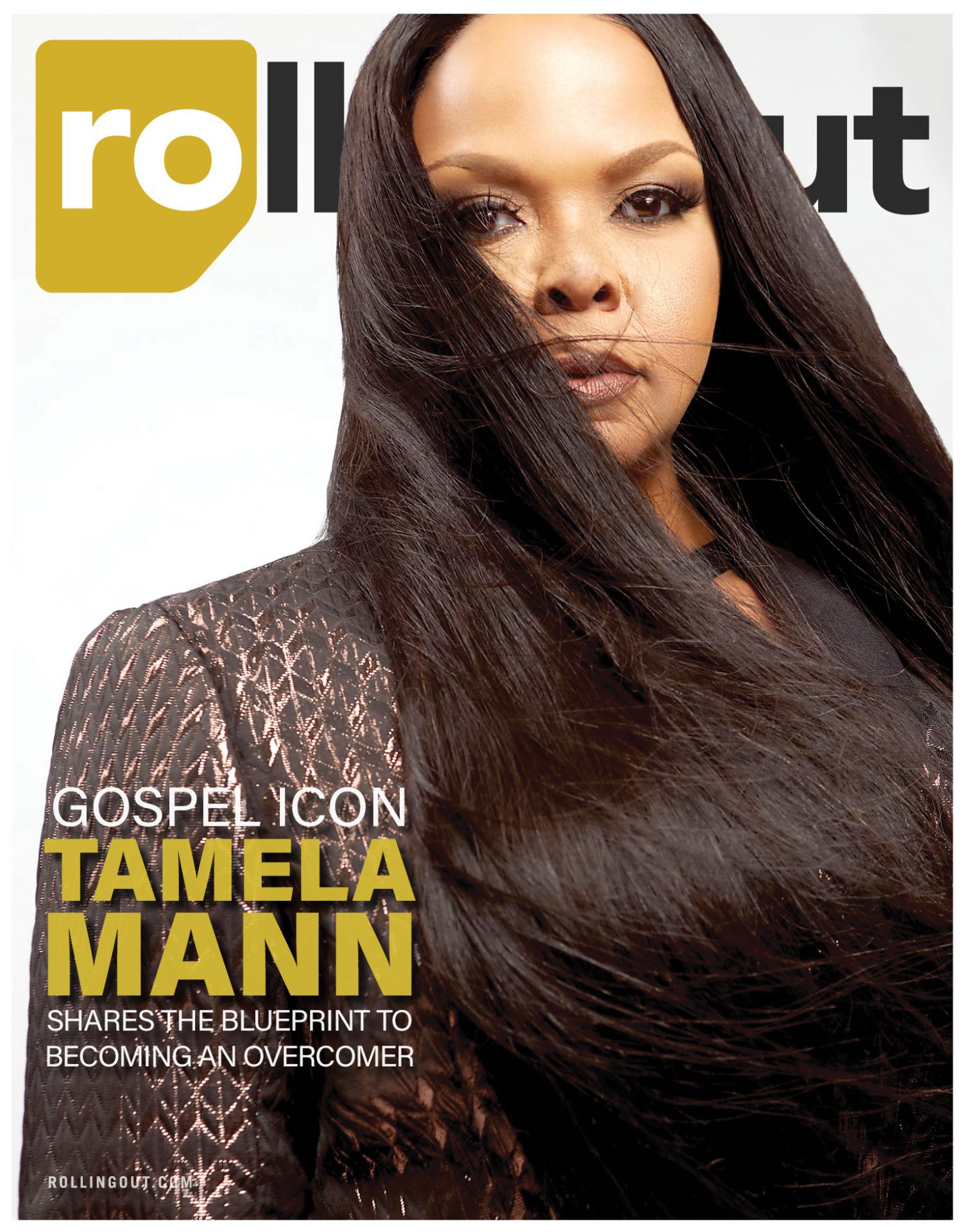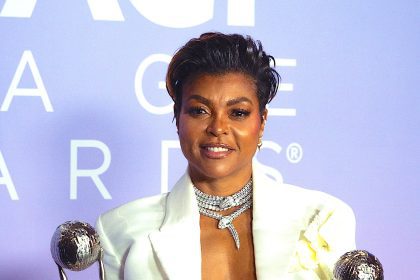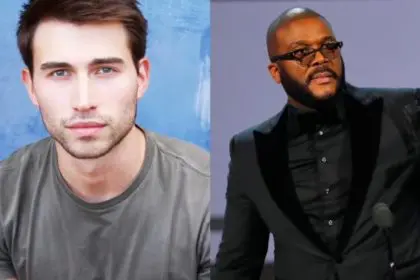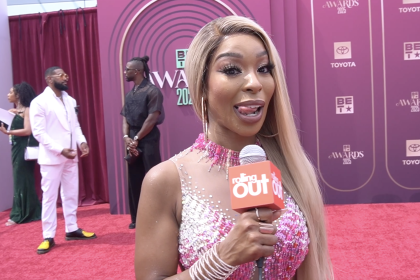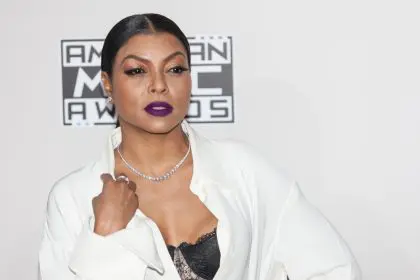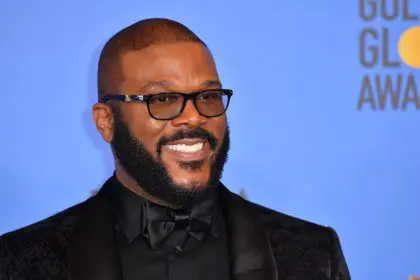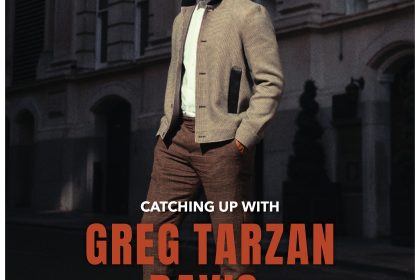
Story by Stereo Williams
Images by DeWayne Rogers
The television landscape is ever-shifting, and in recent years there has been a resurgence of scripted shows targeting African American audiences. There has also been a rising number of African American stars on other scripted shows — even if those shows aren’t necessarily “black” in the traditional sense. From the popularity of nighttime melodramas like ABC’s “Scandal” and BET’s “Being Mary Jane,” to diverse thrillers like CBS “Person of Interest” with Taraji P. Henson and Michael Ealy on the science fiction drama “Almost Human,” black actors and actresses are highly visible in a way that they’ve never been before on mainstream television.
Many fans wax nostalgic about the “good old days” of black TV. From the mid-1980s through the late 1990s, there were several popular shows that featured all-black casts, most notably the beloved family sitcom, “The Cosby Show.” But it should be noted that all of the popular black shows of that era were family oriented and locked into the sitcom format; black dramas were nonexistent, and the same goes for black science fiction or fantasy content.
Over the course of the past few weeks, several new black shows have been announced for the remainder of the current season and for the upcoming fall television schedule. There’s an untitled family sitcom starring Tracee Ellis Ross and Anthony Anderson on ABC; Oscar nominee Viola Davis has the lead role on the upcoming Shonda Rhimes’ drama tentatively titled, “How to Get Away With Murder”; and Jada Pinkett Smith will star as the villain Fish Mooney on the D.C. Comics-based series “Gotham.”
Two African American actors who’ve been mainstays in black film and TV for years, Michael Beach and Lance Gross, are among the principal cast members of “Crisis,” a highly anticipated action-thriller series to air on NBC midseason. Gross rose to fame on sitcoms like “Tyler Perry’s House of Payne,” and he stars as rookie Secret Service Agent Marcus Finley, who is reeling from the betrayal of his partner. Beach, who audiences know from over 20 years in films such as Waiting to Exhale and Soul Food, plays the director of the FBI. The show gives both actors a chance to flex their dramatic muscle, particularly Gross. After years of bubbling beneath the surface of mainstream success, the 32-year-old could be looking at a major career breakthrough.
From crime dramas to situational comedies, there appears to be a new renaissance on the horizon for African Americans on television; and it appears to be far more balanced and engaging than the “T.G.I.F.” and “Very Special Episode” era that many of us pine for. Black audiences are no longer limited to watching only shows that feature white actors and actresses, and some of the stars of major television shows have spoken about what it means to begin to see diversity on the small screen after a long stretch where there was little to none.
“When ‘Dynasty’ was on, it was a huge deal when Diahann Carroll came on the show. That was groundbreaking,” explains Angela Robinson, star of Tyler Perry’s “The Haves and the Have Nots.” “I hope we can see African American characters as the diva, as the villain and also as the praying mother. We are all of those things.”
Robinson acknowledges the “tokenism” that was so rampant on television for years. “We tended to only be the best friend or the neighbor in everybody’s sitcom,” she states. “I’m happy that our characters are at the forefront and these stories are real. They do happen in households.”
Of course, shows like “Scandal” and “The Haves and The Have Nots” have come under fire from those who feel that their storylines — which oftentimes include tawdry tales of infidelity and manipulation — don’t portray black people in the best light. But for those involved in bringing those characters to life, it’s just about creating compelling work that everyone can draw from.
“In life, sometimes you see yourself in these characters and sometimes it’s not pretty,” explains Robinson’s co-star, Tika Sumpter. “Life is messy. People make decisions. Sometimes art imitates life. And I think as people of color, we have to understand that we have stories, too, that need to be told. And real or not, that makes a good show and good characters and makes people watch.”
That backlash notwithstanding, it’s important for African American audiences to not feel as though they have to only present examples of blacks-as-perfect-people. Most 1980s sitcoms were as fresh-faced and wholesome as one could imagine, but it would be hard to believe that most of those shows would be hits today. Television has become darker and more morally ambiguous; and black actors and writers should have as much opportunity to explore those complexities of the human condition as anyone else. That doesn’t mean that typecasting isn’t a very real issue for many stars. For a black actor, starring as a major (but limited) character on a popular series can prove to be the worst kind of catch-22.
Even in this post-“Scandal” age, with black stars gaining momentum daily on popular television, it can still be tough for a black actress to maximize her visibility from starring on a hit show and broaden her career. Rutina Wesley has starred for six seasons on HBO’s vampire soap “True Blood,” and her troubled Tara Thornton is one of the show’s most popular characters. But Wesley has admitted that playing a character known for emotional problems and personal dramas has sometimes kept her from landing roles as anything else — despite the fact that her visibility has grown tremendously as a result of the show.
“I feel like I’ve gotten a lot more opportunities,” shares Wesley. “So I think casting directors, all kinds of people and producers, they see me differently. Sometimes there’s a double-edged sword because of that stereotype of the aggressive, angry black woman — they think that’s all I can do.”
Wesley’s story is one of many, but all of these actresses and actors have had unique experiences operating in contemporary Hollywood. For Joy Bryant, who stars on the NBC ensemble drama “Parenthood,” working on that particular show has only helped her find more varied opportunities.
“Being on a TV show, especially one like ‘Parenthood,’ with an ensemble cast with some really talented actors, we’ve got great material and we’re also encouraged and allowed the freedom to improvise and bring ourselves to the piece,” Bryant explains. “It’s great training for anything.”
For everyone involved, it’s about bringing variety to the prime time lineup. Not just variety in terms of color, but when highlighting these characters, it’s important to showcase the variety that exists among people of color. Some of these characters are dark and twisted, some of them are self-destructive, some of them are noble and kind; in showcasing the diversity of personalities that exist in all communities, we create a much broader palette for the audience, for the actor and for everyone.
And there is still a tremendous amount of work to be done. Black sketch comedy shows have yet to return to must-see TV status and more black family fare would be met with approval from parents who don’t want their children tuning in to stories about sex and crime. But the path has been blazed and is being walked already, it’s the responsibility of writers and network executives to continue to walk it and to continue to build. Because diversity is reality.
VH1’s “Single Ladies” recently announced that it was not returning next season, but star Denise Vasi was happy for what the show was able to reveal about diversity on TV.
“Our cast is a little bit of everything,” she said. “Each girl represents a different way for the audience to relate. It’s not a whole Latina cast, it’s not a whole Caucasian cast, its not a whole African American cast. You can have a show with multiple races. And obviously what Kerry Washington has done with ‘Scandal’ is a big eye-opener — a call to networks — major networks — to show you that you can have a leading lady carry your entire show and she can be of any ethnicity. I think we all as ethnic women need to take our hats off to her. It’s really a whole new ball game now.”

